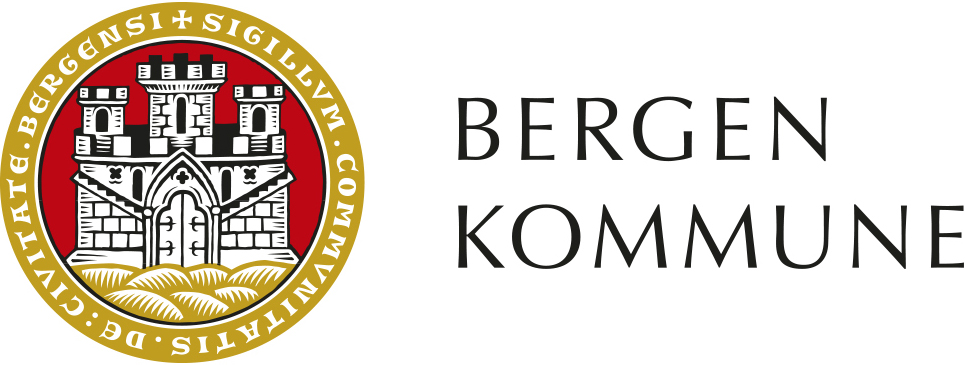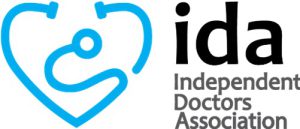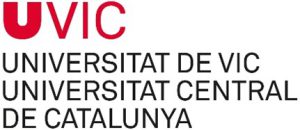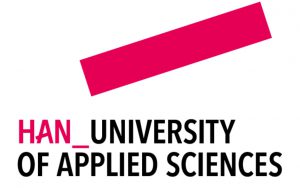The PREP IP project responds to the need of practicing rehabilitation professionals to develop key competencies to better meet the unique health needs refugees. Ultimately this will contribute to their health and well-being as well as to their inclusion, and social cohesion and community diversity. The project focuses on:
- building the capacity of a transnational and transdisciplinary network of partners to jointly support health professionals
- developing open online course and open educational resources (OER) to provide accessible, inclusive, and equitable services to refugees
- documenting in a case study this unique partnership for inclusion, capturing experiences and strategies in building partnerships across sectors, professional, cultural, and geographical boundaries
PREP IP addresses two Erasmus+ program priorities: inclusion and digital transformation.
- The project focuses on inclusion of needs of refugees into the health and rehabilitation training and education, making higher education institutions (HEI) more accessible and inclusive of refugees, both on curricular and practical levels.
- Participating HEI use digital learning and OERs to transform the way they offer programs for practicing professionals.
The project is a partnership of higher HEI and service providers. It bridges the gap between education and practice and addresses the skills mismatch between what has been taught in university programs and what practicing rehabilitation professionals’ need to serve refugees. PREP IP project builds on the results of successful Erasmus+ projects that focused on physiotherapy education and refugees (PREP) and Interdisciplinary Cooperation in Psychosocial Interventions for refugees (InterAct).
The project has four objectives:
- Develop a transnational and transdisciplinary network of partners working in the field of refugee rehabilitation and health by building on good practices
- Provide an open online training opportunity for an interprofessional group of rehabilitation professionals
- Develop open educational resources focusing on rehabilitation, health, and well-being of persons with refugee experience
- Document experiences and practices of development of a partnership for inclusion
To achieve the project objectives, a series of interrelated activities are implemented in four major project components:
- Interprofessional framework for online education of health professionals working with refugees Activities in this work packaged are grouped in three groups to:
- capture good practices of partners in implementation of refugee focused projects funded by Erasmus+ and other funding agencies to be utilized in this project. It is the first step in building the partnership and setting the stage for other project work packages
- develop an interprofessional framework for online education of health professionals working with refugees
- map out the literature on use of micro-credentials for online interprofessional education to explore feasibility of introducing micro-credentials for the course that will be developed in this project. Micro-credentialing is a new area of interest for higher education institutions as they explore their role in life-long learning and better matching competences of their graduates with the market needs.
- Open online course: Working with persons with refugee experience
To develop an interprofessional open online course, following activities will be implemented:
- design and development of the open online PREP IP course curriculum (identification of course outcomes, learning resources and activities, assessments; building the course in the learning management system)
- implementation of a pilot open online PREP IP course (recruitment of learners, facilitation of the course)
- review and revision of the course (learners’ and facilitators’ evaluation)
- implementation of the revised course
- Open educational resources Activities in this work package include preparation of OERs including:
- open book
- photovoice exhibition
- Case Study: Partnership for inclusion
Activities include actively documenting experiences of building a partnership within this project to ensure inclusion of refugee health within higher education, which will be made available online and disseminated through national and international, profession-specific and interprofessional networking activities.






